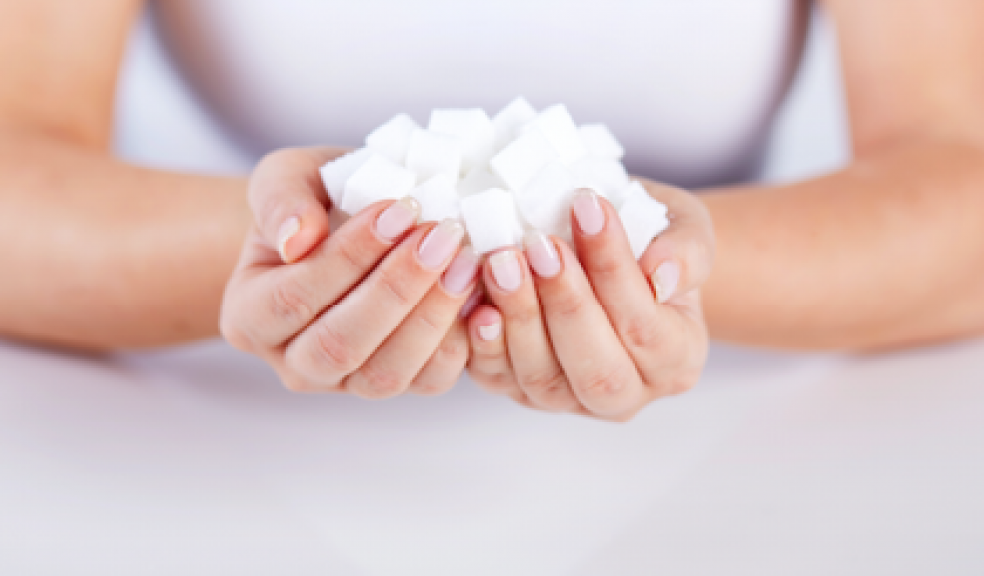
Devon health leaders join sugar debate
Devon’s Public Health leaders have added their voice to a growing debate about the amount of sugar in people’s diets.
Their comments follow the recent petition on a proposed sugar tax, handed to Government by TV chef and food campaigner Jamie Oliver, and the publication of a report by Public Health England (PHE) yesterday, entitled Sugar Reduction: The evidence for action. This report was commissioned by Ministers at the Department of Health to inform policy-making as part of the Government’s forthcoming childhood obesity strategy.
The report suggests a number of measures for consideration in the strategy, including a reduction on the number of prime promotions of high sugar products; advertising restrictions; clear definitions on sugar content; a monitored programme of sugar reduction, and a minimum price increase on high sugar products.
The report also suggests closer regulations to ensure public sector outlets provide healthier food in hospitals, leisure centres, etc, and accredited training in diet and health for the catering, fitness and leisure industry.
Dr Virginia Pearson, Devon’s Director of Public Health, said: “Hospitals in Devon are working hard to improve their food services and we working collaboratively with them on this important issue. Improving hospital food is a great way to promote health and improve outcomes for staff, patients and visitors alike.”
Councillor Andrea Davis, Devon County Council’s Cabinet Member for Health and Wellbeing, said: “Everyone’s talking about sugar at the moment, so this is a golden opportunity to make once in a lifetime changes that will address our high sugar consumption culture.
We need to think not just about individual responsibility, but also the food culture we have created. In our modern society we are bombarded by fat, salt and sugar-laden products, making healthy choices a constant battle.
“By focusing on prevention, we can have a healthier population and ease the burden on the NHS.
“We can all take simple steps to take control of our lifestyle, including eating more healthily and being more physically active.
“A sugary drinks duty could be one way to make healthier choices easier.”
The British Medical Association has joined calls for a sugary drinks duty, the proceeds of which could be used to pay for schemes such as free fruit and vegetables for children.
Dr Pearson, said: “We know from tackling smoking that increasing price does reduce consumption, we naturally buy less of something when it costs a little bit more.
“Although food and drink is more complex than tobacco, there is a strong argument for trying out a sugary drinks duty, alongside other measures such as clear nutritional labelling and advertising restrictions. Sugary drinks have no nutritional value, they’re attractive to children, and easy to consume in large quantities. They’re often cheaper than water. Our preference for sugary, sweet and fatty foods starts when we are young, so preventing children from acquiring a lifelong sweet tooth should be a priority.”
“Although some progress can be made by working in partnership with the food industry even the most well-intentioned company is ultimately required to put their shareholder’s interests first, which means they have to do whatever will increase consumption and oppose whatever will decrease it.”
The World Health Organisation agrees that tackling obesity must include comprehensive action and control of commercial interests. Director-General Margaret Chan puts it like this: “Let me remind you. Not one single country has managed to turn around its obesity epidemic in all age groups. This is not a failure of individual will-power. This is a failure of political will to take on big business.”
Andrea Davis added: “The UK has led the way on salt reduction, by putting pressure on the food industry to reduce salt in food products, which has contributed to a reduction in deaths from strokes and heart disease. Many food products are 20-40% lower in salt than they were 10 years ago, making it easier for us to eat less than 6g per day. Now it’s time to take on sugar in the same way.”











